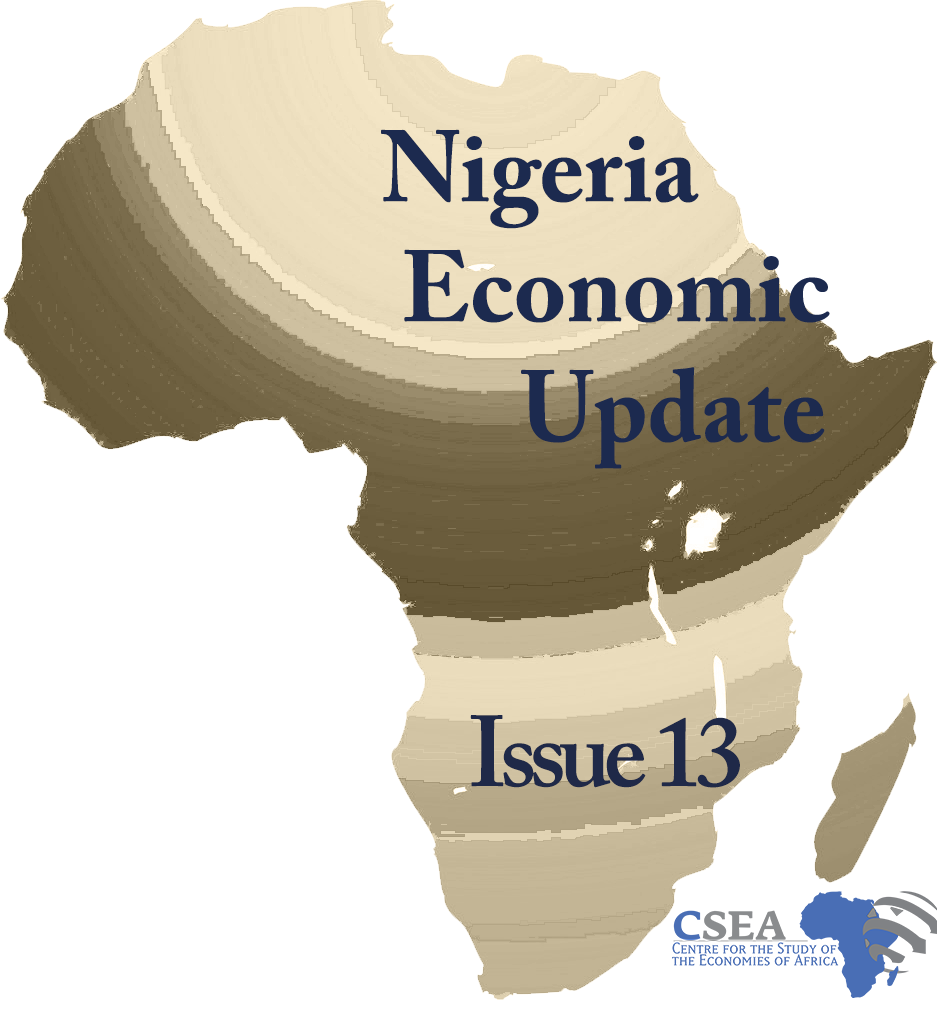The CBN Monetary Policy Committee (MPC) switched its policy stance to ‘easing’ at the last MPC held on March 25-26, 2019. While holding other policy parameters at previous levels, the Monetary Policy Rate (MPR) was cut by 50bps to 13.5%1 following a retaining policy stance of 14% that lasted for more than two years (since July 2016). The justification for the rate cut is linked to the following: the relative moderation in the exchange rate, continued deceleration of inflation rate, and the gradual renaissance of investment flows. Although the economy has welcomed improvements in economic indicators such as the GDP growth rate, the policy decision was primarily anchored on the need to further stimulate the economy. The rate cut could reduce the cost of borrowing while encouraging credit flows to productive sectors of the economy.2 In the coming months, we expect that the 13.5% MPR will be sustained as the transmission lags of the new rate on other economic variables will be expected to fully manifest before further changes are made.
Macroeconomic Report & Economic Updates

April 17, 2019
Nigeria Economic Update (Issue 13)
The CBN Monetary Policy Committee (MPC) switched its policy stance to ‘easing’ at the last MPC held on March 25-26, 2019. While holding other policy parameters at previous levels, the Monetary Policy Rate (MPR) was cut by 50bps to 13.5%1 following a retaining policy stance of 14% that lasted for more than two years (since […]
Read →
